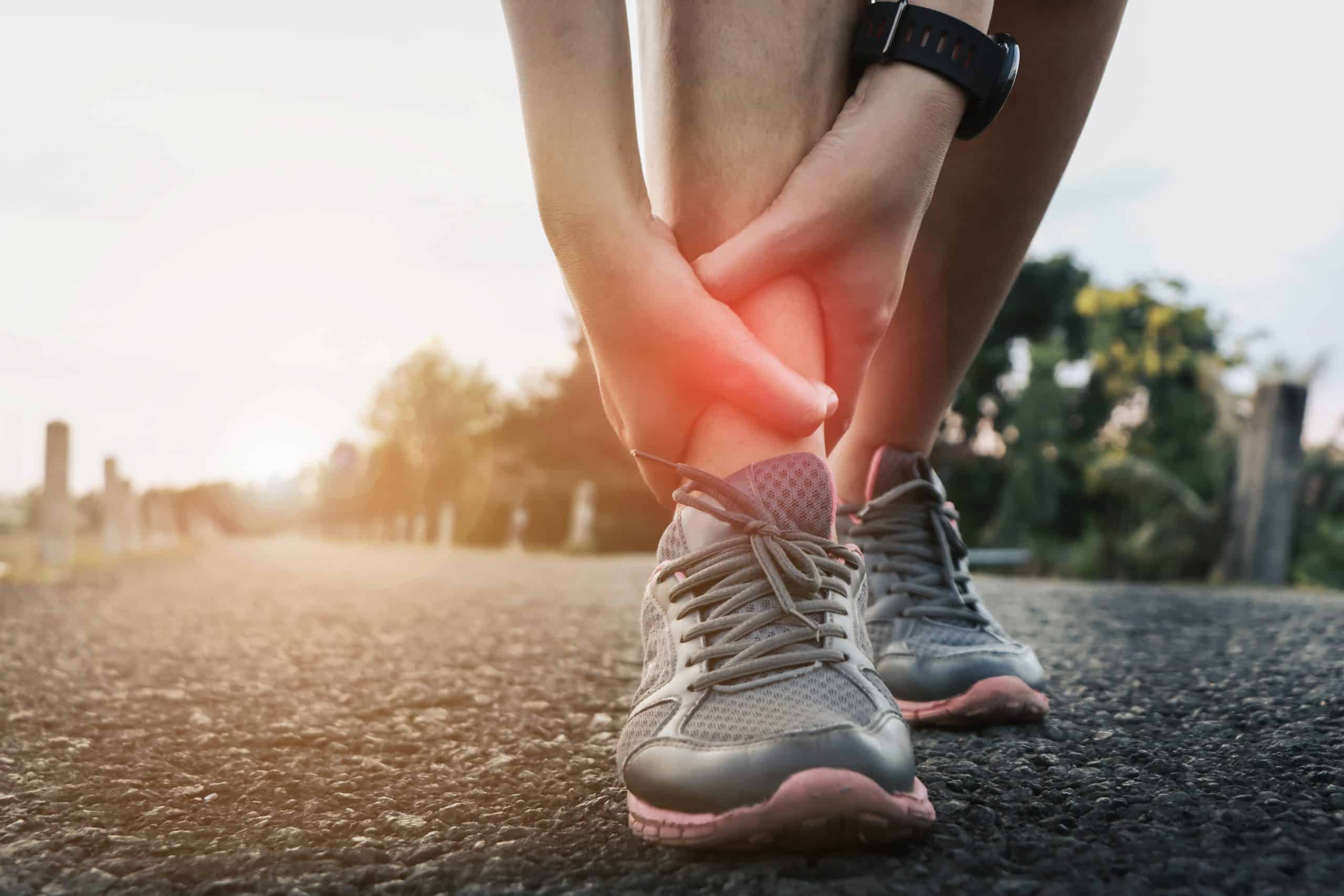An unexpected injury can derail your lifestyle and leave you with aches, stiffness, and other unpleasant symptoms. Many new patients anxiously tell us they feel like the pain will never end. It is essential to find a good injury attorney to represent you so you can cover all your treatments to get better immediately.
"When will I get better?" they ask, hoping we can pinpoint a date.
Our team can provide an estimate, but unfortunately, there's no one-size-fits all recovery timeline for most injuries. Your healing time is based on lifestyle choices as well as some elements beyond your control. Learn whether you're sabotaging your recovery by reviewing the health-impacting factors below.
1. Medical Conditions

Your overall health impacts your body's ability to recover from injuries. Someone with no medical issues will likely recover faster than someone with diabetes, obesity, osteoarthritis, or cancer.
Diabetes gets plenty of attention when it comes to wound recovery, as this chronic disease can delay healing and result in an infection. However, diabetes also impacts your bone health. Diabetics are 3.4 times more likely to develop complications after a fracture than those without the disease. Healing times for bone fractures are also prolonged by as much as 87% for diabetic patients.
Some of our diabetic patients get great results from low-level laser therapy. Lasers promote healing for diabetic patients who have slow-healing wounds or nerve damage from injuries. The process is painless, and you may experience results in just a few sessions.
Obesity
Obesity is another condition that impacts your body's recovery time after an injury. When you're carrying around excess weight, it puts pressure on your joints, muscles, and bones. This makes it difficult for your body to heal quickly after an injury.
Talk to us if you're struggling to lose weight. After we rule out metabolic issues and similar concerns, we can help you create a diet and exercise plan that works for you. We understand exercising while injured is difficult, which is why we recommend gentle stretches that won't worsen your symptoms.
Osteoarthritis
Osteoarthritis damages the tissues and cartilage in your joints, making you prone to pain and stiffness. When a joint becomes injured, patients with osteoarthritis often notice prolonged healing times. Because of this, we offer interventional pain management at Northeast Spine and Sports Medicine. Interventional pain management helps you reduce your current pain levels, but it can also decrease the risk of future injuries.
Cancer
Cancer wreaks havoc on your body, making it difficult to recover from an injury. Your body commits most of its energy to fighting the cancerous cells, leaving little energy for other concerns. We help many cancer patients manage their pain and boost the healing process when an injury occurs. We're happy to discuss treatment options with your medical team so you receive appropriate, consistent care from every provider.
Other Conditions
The conditions listed above are not the only ones that impact your body's healing process. You may also struggle with mental conditions that impact your mood. Research indicates that depression and post-traumatic stress disorder both play a role in your recovery. You may have more pain than someone without these conditions, and your symptoms may last longer.
Let your primary care physician or mental health provider know if you feel depressed, anxious or irritable after an injury. Your mental health concerns may stem from the injury, but they can also worsen your symptoms. Managing your mental health may help improve your prognosis and speed up sports recovery time.
2. Preexisting Injuries

Some of our patients joke that they're clumsy or have bad luck when we see them for new injuries. However, the truth is that preexisting injuries make subsequent injuries more likely.
Second-impact syndrome is one serious example of this theory. Your brain needs time to heal from a concussion, but unfortunately, concussions make many patients dizzy, nauseous, or exhausted. These symptoms can trigger a second concussion while recovery is still taking place for the initial head injury.
We often see repeat injuries in athletic patients. A patient may resume their favorite sports, only to reinjure the same body part. We notice this when overuse or overextension occurs.
Our team also treats new injuries that stem from existing injuries. For example, nerve damage from a herniated disc may make walking difficult. As a result, you may fall or bump into a sharp object, thus resulting in another injury.
Don't delay treatment if you have existing injuries, even if you've been suffering from pain for years. We can help treat your conditions so you can reduce your risk of developing additional injuries.
3) Lifestyle Choices

You may notice that healthy people seem to recover from wounds or fractures faster than others, and it's not just your imagination. Lifestyle choices impact your overall well-being, including how long it takes to heal after an accident or injury. Drinking, smoking, and poor dietary habits all impact your recovery timeline.
Drinking
The occasional drink may not harm your health, but regular alcohol consumption prolongs healing after an injury. Alcohol increases swelling and inflammation, which can make the healing process take longer. This is because alcohol consumption thins your blood, which makes it flow faster and accumulate around injured areas.
Alcohol may also make it harder to feel physical pain. As a result, you may take fewer precautions than someone who feels every movement. You may also stumble or fall while under the influence of alcohol. This can worsen an existing injury or cause new damage.
Smoking
Smoking is rough on your body, especially when you're injured. If you've ever had surgery, your post-operation guidelines may have recommended that you avoid cigarettes. Tobacco usage narrows your blood vessels, making it harder for your body to get the therapeutic nutrients it needs. It also restricts oxygen transmission, which is essential for wound healing and soft tissue injuries.
Dietary Habits
When hunger strikes, choose healthy, satisfying foods that nourish your body. Sugar can trigger pain-inducing inflammation, making it difficult for your body to recover quickly. You can take a blood sugar management supplement like Glucofort to reduce the amount of glucose in your bloodstream naturally. Dairy, processed meats, and foods high in trans-fat can also trigger inflammation.
Look for foods that decrease inflammation, such as blueberries, salmon, almonds, and spinach. Watch your fat intake, and drink plenty of water. Dehydration also slows down recovery time. We can help you create a healthy nutrition plan at Northeast Spine and Sports Medicine.
4. Daily Activities
When your body is injured, you may need to put some daily tasks on hold or ask for help. This is true even for seemingly simple tasks, such as sweeping your home or folding laundry. Household chores often take a larger toll on our bodies than we realize.
Exercise might be okay while you're injured, but now is not the time to run a marathon or dominate the field with your team. We can recommend gentle exercises that promote healing rather than hinder it.
5) Post-Injury Care

Seeking care for an injury provides pain relief, but in many cases, it also promotes healing. Several treatment options at Northeast Spine and Sports Medicine encourage your body's natural healing process, including:
- Chiropractic care
- Physical therapy
- Acupuncture therapy
- Interventional pain management
We tailor treatment toward the unique needs of each patient. We don't just want you to feel better. We want you to actually get better and recover from the conditions or injuries that trigger your pain.
Get the Pain Relief You Need from Northeast Spine and Sports Medicine
Taking a watch-and-wait approach toward injury recovery rarely proves helpful. If you're in pain, give us a call today. We can get you into one of our New Jersey offices quickly, whether you've got a fractured foot or a stiff neck. Connect with our compassionate team today and let us know how we can help. We're here for you!

